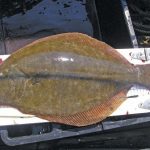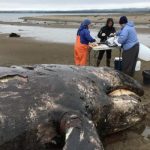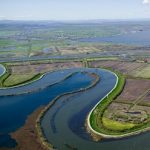Tag Archives: moving north

Are the whales leaving with the food? Gulf of Maine research raises questions about new lobstering rules
As the Gulf of Maine’s waters warm, recent studies show the main food source of the endangered North Atlantic right whale is moving north, out of Maine waters. And the whales appear to be following them. Such findings haven’t escaped the notice of the Maine lobster industry, which has been referencing them in its legal arguments as to why impending new federal restrictions on lobstering gear won’t help save the whales. Oceanographer Jeffrey Runge, of the University of Maine and the Gulf of Maine Research Institute, said the lipid-rich copepods have been abundant in the Gulf of Maine since Henry Bigelow did his first oceanographic surveys in the early 20th century, but that abundance has dropped by about 70 percent in the past 20 years. >click to read< 11:57
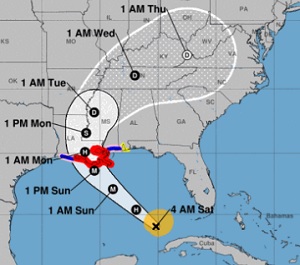
Hurricane Ida: Moving north into the Gulf, expected to strengthen to Cat 4
Ida, currently a Category 1 hurricane, is expected to make landfall late Sunday or early Monday. Sunday is the 16th anniversary of Hurricane Katrina. Watches and warnings are in effect for Louisiana, Mississippi and Alabama. Saturday could be rainy in south Louisiana, making storm prep and evacuations more complicated, forecasters said. The rain is not from Hurricane Ida but from another disturbance moving over the state. Lots of details, >click to read<, to be updated. Life-threatening winds, storm surge, flooding and tornadoes from Hurricane Ida are expected Sunday. 11:04
In Chesapeake Bay’s changing ecosystem, blue crab is king (and moving north)
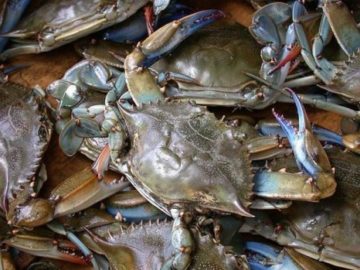 In the face of an evolving ecosystem, experts agree many of the differences in Chesapeake Bay marine life can – at least in part – be attributed to a worldwide warming trend. Over the last three decades, water temperatures in the Chesapeake Bay have increased about 1.5 degrees Celsius, or about 2.7 degrees Fahrenheit, said Rom Lipcius, professor of marine science at the Virginia Institute of Marine Science. The change means populations of many native sea creatures in the Chesapeake have moved or expanded north in search of cooler water temperatures, and other non-native creatures have moved in. As the warming trend continues, experts say some marine species will thrive as others struggle to survive in the face of temperature, environment and predator and prey changes. “It’s not all bad news, and it’s not all good news,” said Jon Hare, science and research director for the National Oceanic and Atmospheric Administration’s Northeast Fisheries Science Center. “There are both winners and losers in this situation.” There have been a number of species, including blue crab, scup and black sea bass, that have shifted or extended northward along the Atlantic coast, said Hare. Read the story here 08:35
In the face of an evolving ecosystem, experts agree many of the differences in Chesapeake Bay marine life can – at least in part – be attributed to a worldwide warming trend. Over the last three decades, water temperatures in the Chesapeake Bay have increased about 1.5 degrees Celsius, or about 2.7 degrees Fahrenheit, said Rom Lipcius, professor of marine science at the Virginia Institute of Marine Science. The change means populations of many native sea creatures in the Chesapeake have moved or expanded north in search of cooler water temperatures, and other non-native creatures have moved in. As the warming trend continues, experts say some marine species will thrive as others struggle to survive in the face of temperature, environment and predator and prey changes. “It’s not all bad news, and it’s not all good news,” said Jon Hare, science and research director for the National Oceanic and Atmospheric Administration’s Northeast Fisheries Science Center. “There are both winners and losers in this situation.” There have been a number of species, including blue crab, scup and black sea bass, that have shifted or extended northward along the Atlantic coast, said Hare. Read the story here 08:35
Atlantic cod pushing out Arctic relatives?
When I visited the AWI Biological Institute on the German North Sea island of Helgoland last year for a story on how climate change is affecting marine life, the Institute’s Director Karen Wiltshire mentioned to me that cod was disappearing from the waters around the island. The Atlantic cod, it seems, are moving north, more@iceblog 20:03



































